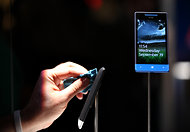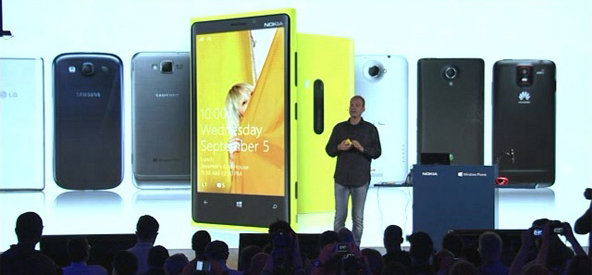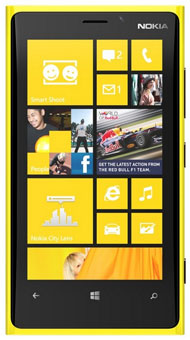Joaquín Almunia sometimes sends Eric E. Schmidt a text.
Like his predecessors, Mr. Almunia has the power unilaterally to decide to block mergers or fine companies billions of dollars. But where he differs is in how comfortable he is in personally reaching out to executives across the table — or the ocean — to negotiate settlements that avoid long drawn out battles.
“I have an open phone line, or e-mail line, or SMS line at any moment,” Mr. Almunia said during an interview Monday, adding that by using the available technology, “we tend to understand every day, better, these markets.”
Mr. Almunia, 64, served as the European Union’s commissioner for economic and monetary affairs before being appointed four years ago as the bloc’s competition commissioner. The post is likely to be his last job in Brussels and he does not foresee a return to politics in Spain, where he led the Socialists to defeat in 2000 before resigning as party leader.
But the formal complaint that recently hit his desk, focusing on how Google runs its mobile software business, is the latest sign that Mr. Almunia remains the go-to figure for antitrust enforcement in the world’s technology sector.
That complaint, filed by a coalition of companies including Microsoft and Nokia, accuses Google of using the Android mobile operating system to promote its own products and services in the majority of smartphones that are being sold to consumers.
Mr. Almunia still must decide whether to take up the new complaint, which landed just as he appeared to be reaching the final stages of settlement talks with Google over the way it conducts its search and advertising business. But it would be surprising if Mr. Almunia declined to pursue the case given the rising importance of mobile computing.
In recent years, the European Commission has become a defender of fair play in computing and communications, even as regulatory bodies with far more experience — notably those in the United States — have grown squeamish about using antitrust law to pry concessions from some of the world’s most dynamic companies.
Yet there is a paradox about the way Mr. Almunia has managed his vast regulatory powers that allow him, unlike his U.S. counterparts, to decide punishments without first obtaining judicial approval. In a departure from previous competition commissioners, Mr. Almunia has made a point of avoiding public showdowns with chief executives, or seemingly endless litigation.
Mr. Almunia has made negotiation, rather than confrontation, a hallmark of his term in office in order to avoid dust-ups with U.S. giants like Microsoft and Intel, which were the subject of bitter, decade-long investigations. The change of approach has been most noticeable in the inquiry into Google’s search and advertising business.
Less that three years after formally opening the case, Mr. Almunia said this week that he would test proposals submitted by Google aimed at making it easier for people to distinguish when Google was proposing its own services — the strongest sign yet that the investigation into Google’s search business would end in a settlement and without a fine or a finding of guilt.
Even as his officials burrowed into the inner workings of Google’s hugely successful search and advertising businesses, Mr. Almunia met and spoke with Mr. Schmidt and telephoned other senior representatives, like David Drummond, the company’s chief legal officer, to update them.
His willingness to meet with executives to forge relationships and to gain knowledge about the sector also extends to figures like Sheryl Sandberg, the chief operating officer of Facebook. At a meeting with Ms. Sandberg in January at the World Economic Forum in Davos, the two discussed “the relationship between the search activity and the social network’s activity, but they were general conversations,” Mr. Almunia said.
Not everyone is happy with how European antitrust enforcement is evolving.
Article source: http://www.nytimes.com/2013/04/10/technology/eu-competition-chief-texting-with-the-enemy.html?partner=rss&emc=rss



